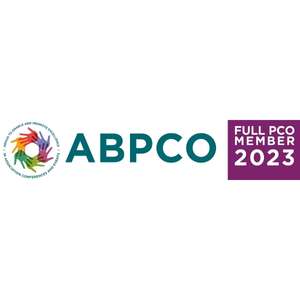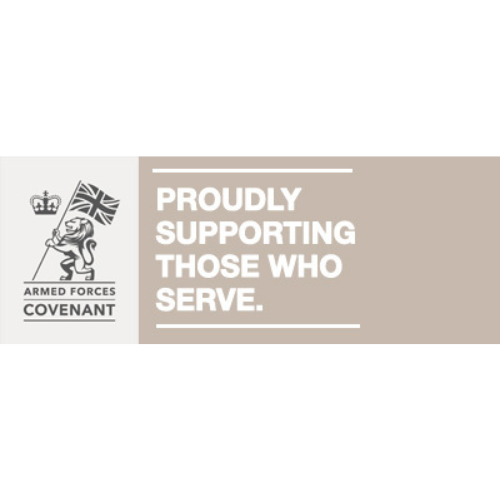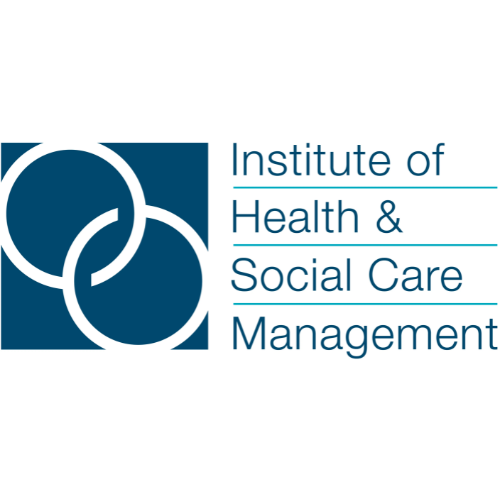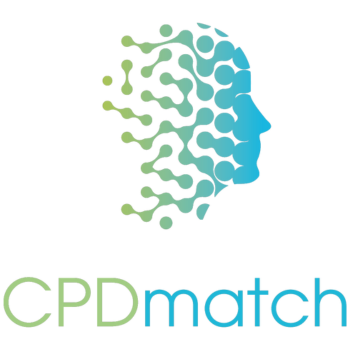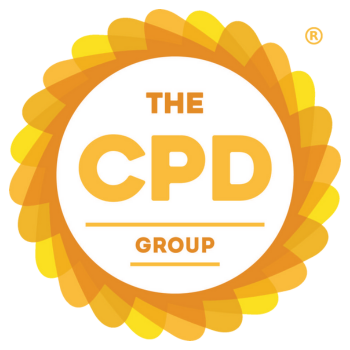Helping leaders to use insights from learning from deaths to implement the new Patient Safety Incident Response Framework
As services and systems prepare for the implementation of the Patient Safety Incident Response Framework (PSIRF), there are signicant opportunities to improve the quality, safety governance and impact of learning outputs from investigations. If implemented effectively, the PSIRF will offer new data, insight and greater understanding of safety for local and national leaders to take action to improve future outcomes. There will also be a greater focus on collaboration across multiple agencies and providers, supported by the ICBs, that will help to develop, maintain and review incidents and strengthen safety management systems. However, in the last decade, we know several national programmes have set, driven or reviewed the NHS approach to learning from deaths and found issues with consistency, learning and impact following unexpected or preventable deaths. The challenge for all is how we make sure the priorities set in implementing the PSIRF are directly informed and build upon existing learning from deaths case reviews, investigations and data.
Niche have over 30 years of experience working with our clients to investigate safety incidents and supporting leaders when deaths in care occur. We have completed large scale, complex enquiries and offered ongoing support for assurance and analytics that help improve safety cultures.
The session will share insights from our work reviewing individual or multiple unexpected deaths, and working with leaders to find tailored and responsive solutions based on needs of their patients and families, services and systems involved. This includes helping support relationships and information needed by coroners, medical examiners or regulators for individual responses or across system mortality and safety governance systems.
Our teams have significant experience in extending our work beyond a team and provider, instead looking across human factors, systems and national pathways and policies to understand issues and respond to specific challenges. We have worked with multiple organisations to provide insights and supported reflections on the methods, cultures and strategies that they need to put in place to offer strong safety leadership, cultures and use learning from deaths to improve health care across the NHS and wider system.








